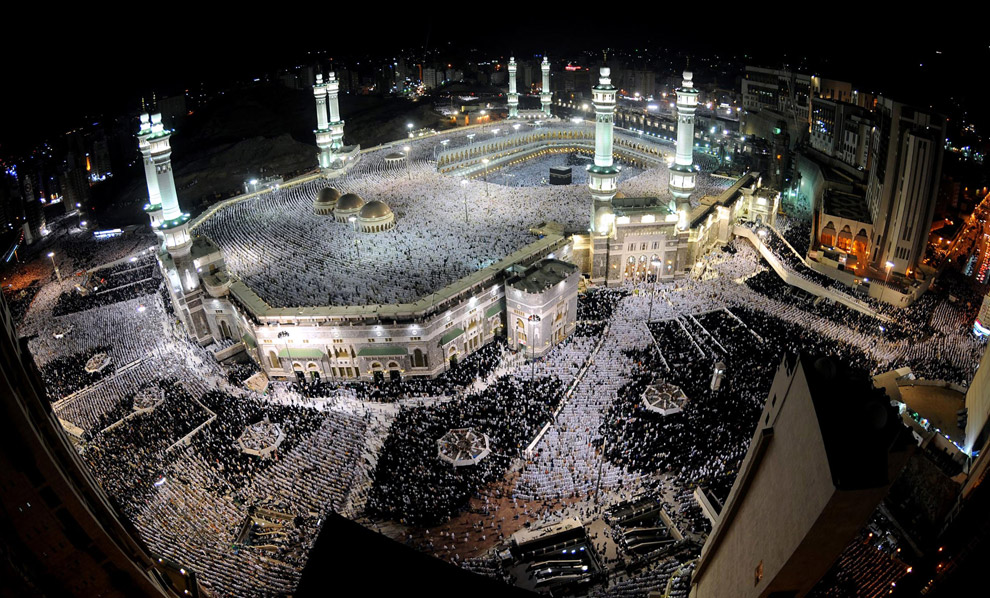There is a comprehensive podcast over at Knowledge@Wharton titled Opportunities -- and Obstacles -- for the B2B Market in Tough Economic Times. Some snippets:
It's becoming increasingly easy to track customers and specific transactions over time. So instead of being very transaction-oriented -- "we just want to sell stuff now" -- start thinking about relationships with customers. It's something that's existed -- the concept -- in B2B markets for a long time, but the ability to actually anticipate what their needs are going to be, and what they're willing to pay, and what other offerings you want to wrap around with that particular product -- those capabilities are better than ever before.[…]
In these difficult times, it becomes even more important to focus on the best customers you have -- the ones you have a good long-term relationship with, that you're going to work together with on a partnering basis, and to even increase the ties that you have with those customers.[…]
Everybody thinks about products. That's not where the major innovations have come from. There have been innovations in business models. Now is the time for firms to think about doing business differently, because the rules of the game have changed. If you use the old business model, you're not nearly as likely to succeed coming out of this as if you begin questioning the fundamental business model -- the way you do business, the offerings, how you go to market, etc. -- coming out of this situation.






